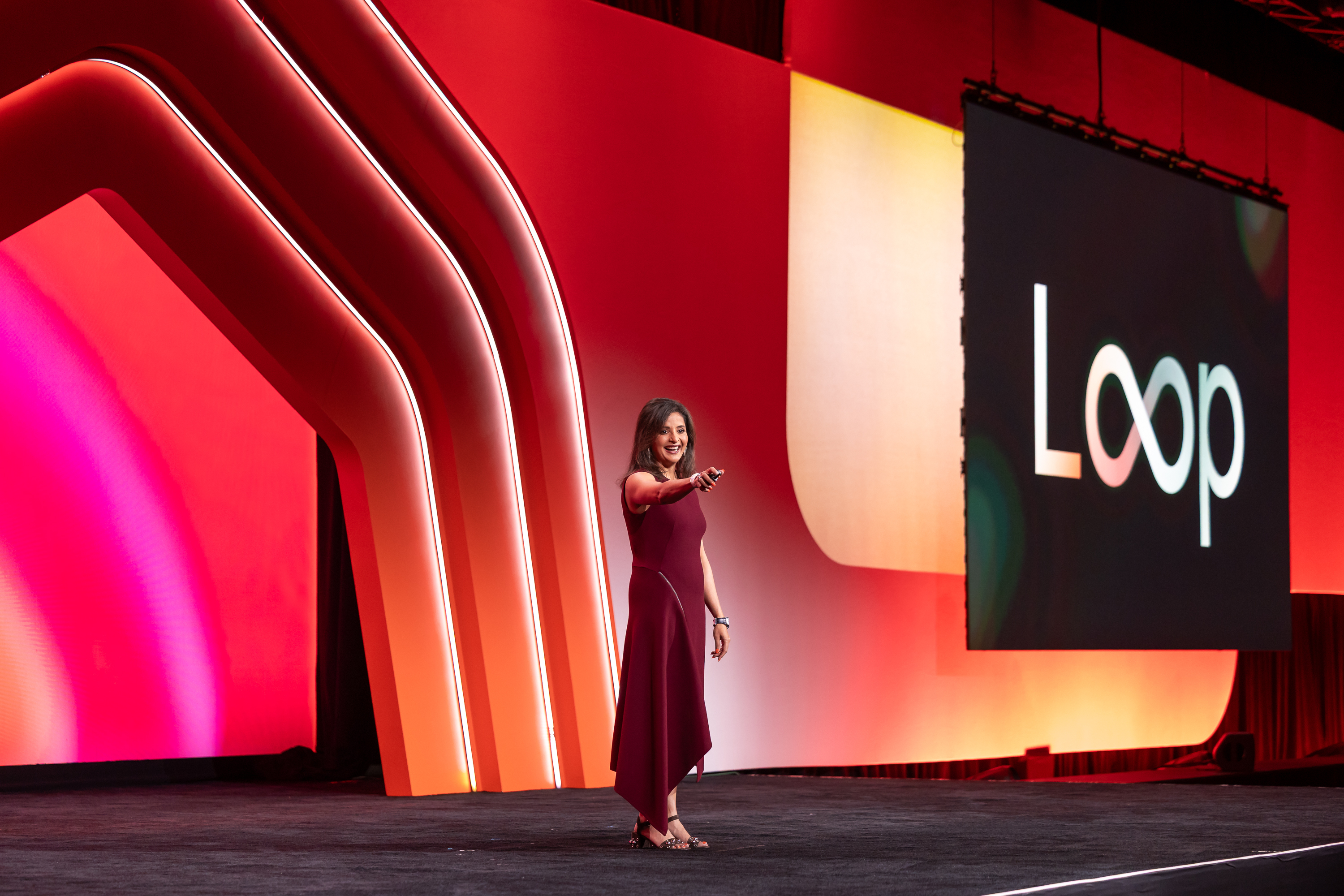HubSpot Unveils AI‑Powered Marketing Playbook and New Tools at Inbound Conference

Key Points
- HubSpot launched over 200 new AI‑driven features at its Inbound conference.
- Introduced “The Loop,” a four‑stage AI playbook for marketing teams.
- Emphasized the shift toward AI‑generated search overviews and reduced website clicks.
- New specialized AI agents (Breeze agents) can analyze CRM data and assist across functions.
- The framework aims to help marketers personalize content, expand channel reach, and continuously evolve campaigns.
HubSpot opened its Inbound conference by announcing a suite of AI‑driven features and a new marketing framework called “The Loop.” The rollout includes more than 200 new capabilities, specialized AI agents, and guidance for building human‑AI hybrid teams. HubSpot executives emphasized the shift in how buyers discover information, noting the rise of AI‑generated overviews and the decline of traditional website traffic. The company positioned the new tools as a way for marketers to personalize content, expand channel reach, and continuously evolve campaigns in a rapidly changing digital landscape.
AI Integration at the Core of HubSpot’s New Offering
At the kickoff of its Inbound conference, HubSpot introduced a comprehensive set of AI‑enhanced products designed to reshape how marketers create and distribute content. The announcement highlighted the launch of over 200 new features across the platform, many of which are powered by large language models. These tools are presented as a means to help customers build “human‑AI hybrid teams,” allowing marketers to leverage AI assistance while retaining their unique brand voice.
The Loop: A Structured AI Playbook
Central to HubSpot’s strategy is a new playbook dubbed “The Loop.” The framework breaks down the marketing process into four stages—Express, Tailor, Amplify, and Evolve—each stage guided by AI capabilities. In the Express phase, users create style and brand guides that inform AI output, ensuring consistency. The Tailor stage uses AI to craft hyper‑targeted messages that feel personal, while Amplify focuses on diversifying distribution channels to meet audiences where they spend time. Finally, the Evolve stage provides metrics and scorecards to help teams learn quickly and adjust campaigns in real time.
Responding to Shifts in Buyer Behavior
HubSpot executives underscored a fundamental change in how consumers begin their purchase journeys. They noted that buyers are now encountering information across a multitude of platforms, and AI‑generated overviews often answer queries before users click through to traditional websites. The company cited that a large percentage of Google searches end without a click, indicating a “traffic apocalypse” for conventional SEO. HubSpot positions its AI tools as a way to remain visible in this new environment, emphasizing that AI can surface refreshed content to large language models that power search answers.
Specialized AI Agents and Expanded Capabilities
Alongside The Loop, HubSpot announced a suite of specialized AI agents—referred to as “Breeze agents”—designed for marketing, sales and service functions. These agents can analyze CRM data, emails, calls, and documents, providing real‑time insights and answering user queries. The agents are made available by default to all customers, reinforcing HubSpot’s vision of AI as an intelligent teammate rather than merely a tool.
Implications for Marketers
The rollout signals HubSpot’s belief that AI will become a co‑worker, learning and scaling alongside human teams. By embedding AI throughout the content creation, distribution, and measurement processes, marketers can aim for more personalized, contextual experiences that drive conversion. HubSpot’s messaging suggests that success will come from continuous learning and adaptation, rather than one‑off campaign launches.